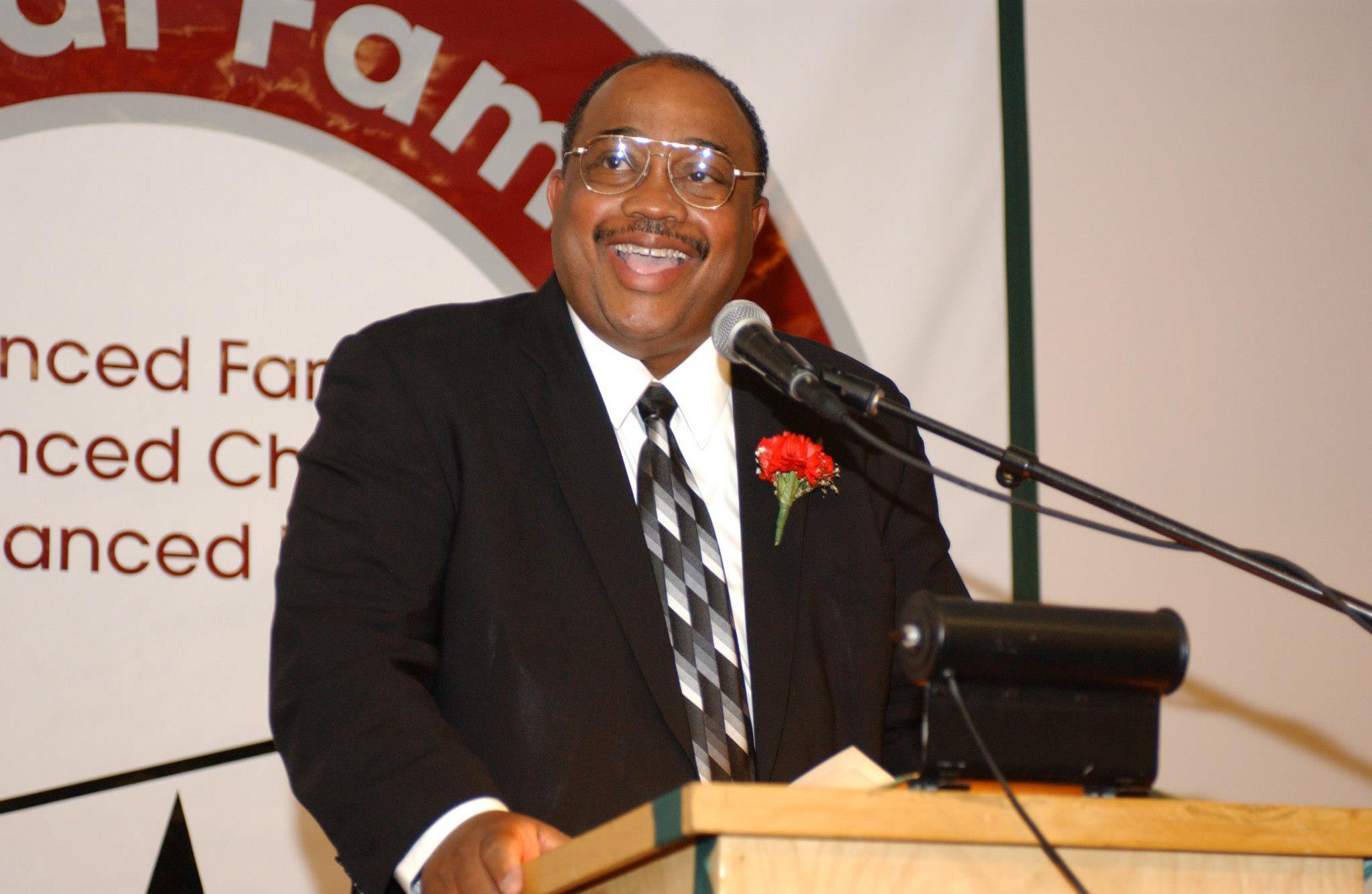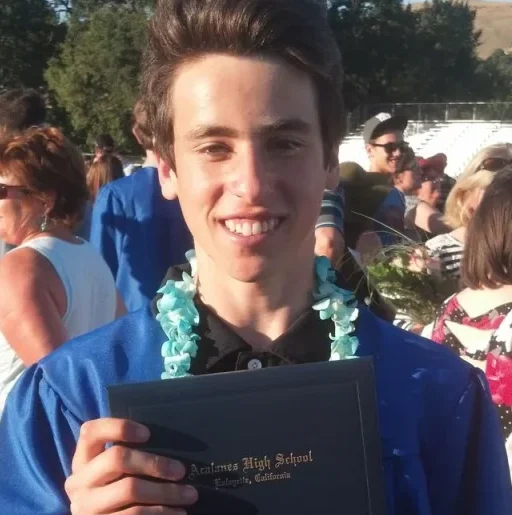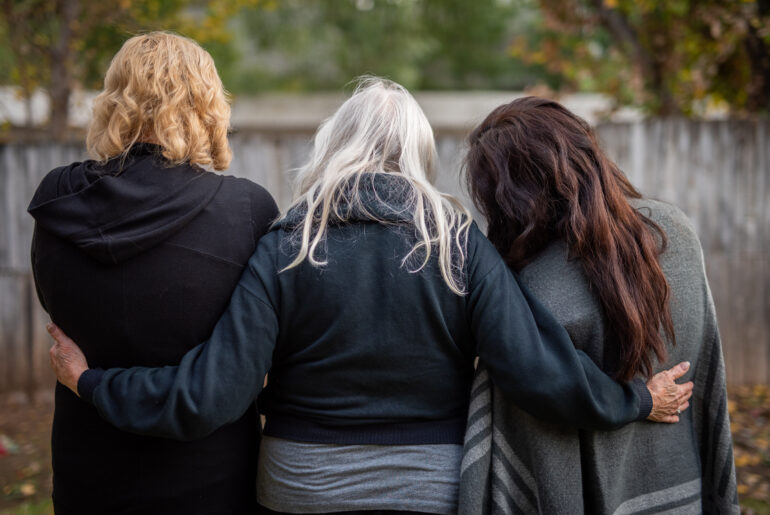The world has been enduring mental health challenges since COVID began last March. A recent study by the CDC claims that from March to October, the proportion of emergency department visits related to mental health increased 24 percent for children aged 5-11. While teenagers’ (ages 12-17) ER visits spiked 31 percent compared to the same period the previous year. So when a friend reached out to introduce me to John McCall, the founder of D’Veal Youth and Family Services, a nonprofit that has been helping children and families with mental health for decades, I was excited to learn more.
Charity Matters: Tell us a little about what D’Veal does?
John McCall: D’Veal Youth and Family Services is a community based mental health agency that provides outstanding services to children and families. Our motto is to balance children’s lives because children come from families and families come first.
Charity Matters: What was the moment you knew you needed to act and start D’Vray?
John McCall: I’m from Louisiana. In my senior year of high school, I did an internship at the VA hospital. I thought I wanted to become a physical therapist. My boss came to me one day and she said, “John, I know you want to be a physical therapist, but I see that you’re writing letters for other patients. That’s not what a physical therapist does, that’s what a social worker does. Would you consider spending the remainder of the year interning as a social worker? I discovered as a senior in high school, I wanted to be a social worker.
I went to Northwestern Louisiana and the University of Houston for grad school. Then headed to California to stay with my sister and I began working at Five Acres. I was promoted from a youth social worker to the Chief social worker, Director of social work, and co-director of the whole treatment program. We were doing these heroic efforts to reunite families dealing with trauma and abuse. I just loved it. One day, and it just hit me. Why isn’t someone doing early intervention and prevention?
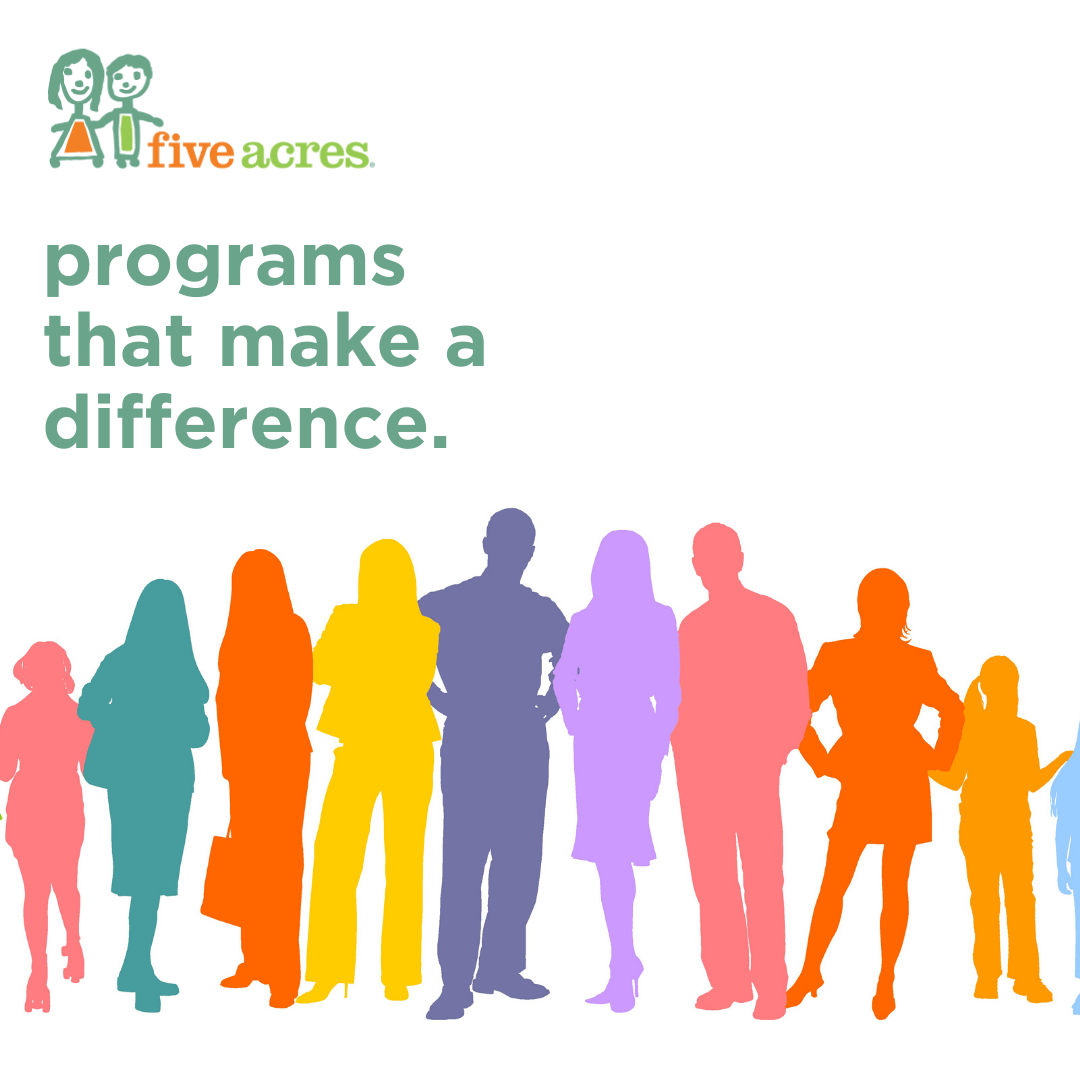
In the early 80s and 90s, the intervention was not on anybody’s radar screen. Five Acres gave me free rein to do some of the most innovative things. And I just kept saying, more needs to be done. If there’s more on the prevention side, you can prevent these things from happening. But there was no money back then for that. And so I had an idea and as fate would have it, I met the right people at the right time to make the idea happen for D’Veal Youth and Family Services. Leaving Five Acres was really hard.
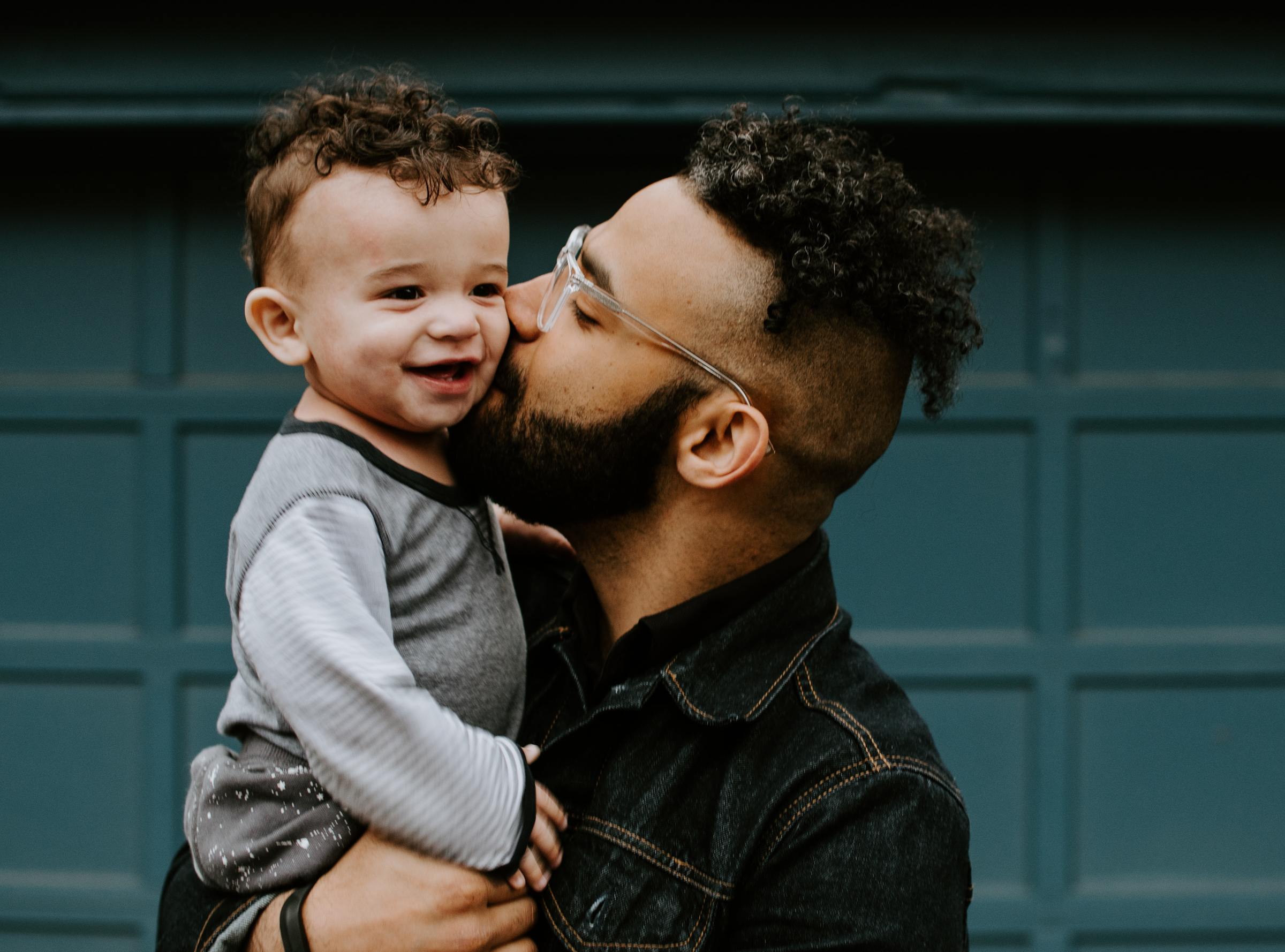
Charity Matters: What do you think makes D’Veal different and sets you apart from other organizations?
John McCall: Our philosophy of mental health has always been different. Mental health is about how you think, how you feel, how you behave. If you don’t think well and don’t feel well. You can’t behave well. Help is about how you think, how you feel, and how you behave.
So our approach to understanding has always been different. We’ve carved out our niche among the largest number of agencies, and we discovered what we do well and we stick to what we know we can do well.
Charity Matters: What are your biggest challenges?
John McCall: The challenge for us has always been funding. We’ve relied on our contracts and being able to stretch a dollar as far as we could. I would like to leave D’Veal better off than when I founded it. Historically when the founding director retires the outcomes haven’t been good. And so I’m mentoring someone now who I think is a good fit.
Stress has never bothered me and I’ve always worked two jobs. Long hours have never bothered me, I just got accustomed to it growing up working hard. But other people don’t have that same kind of stamina. Oh, here’s the other part of my story. I’m a pastor as well. I pastor at a local Baptist Church in Pasadena. And people ask me if it is tiring? The answer is no because I see it as one. Let me understand the people I’m pastoring and trying to get them to grow and help them to lead by themselves.
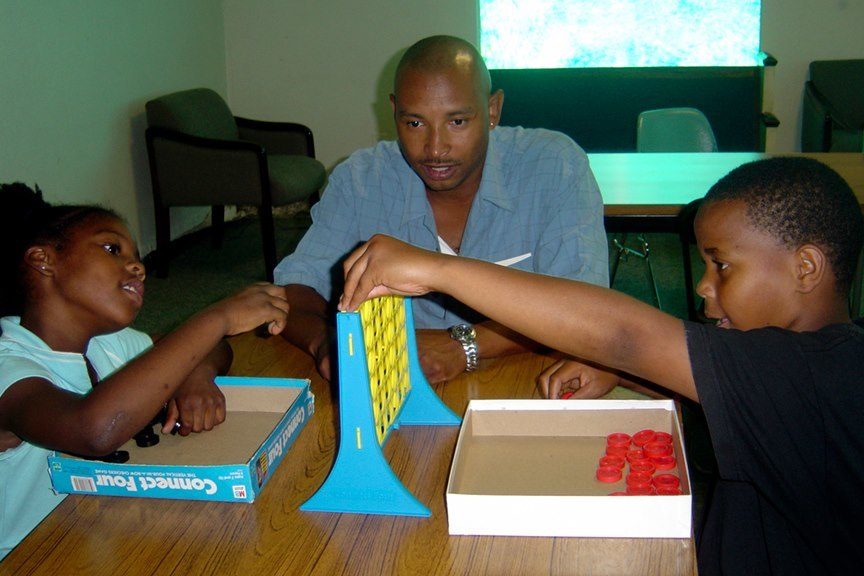
Charity Matters: You are a true servant leader! What fuels you to keep doing this work?
John McCall: Do you remember the TV show the A-Team? Well, I love it when a plan comes together! If one kid gets better, if one family gets better, then it’s worth the effort. To me growing up in the south, one of my internships was at the state hospital there. I got to see the room where they actually did electric shock treatment. Ah, geez. And when you look at how far we’ve come, just a short time of understanding behavior, understand health, and particularly in the minority community.
Charity Matters: Tell us what success you have had? What has your impact been?
John McCall: In 1992 when we began we only had two after-school contracts to service students. Each year the number of kids that we serve increases. When we began our budget was $280,000 and today it is close to seven million dollars. We have seen a 68% growth in the number of clients served in the past five years. Last year we received the Gold seal standard which is the highest rating in our industry.
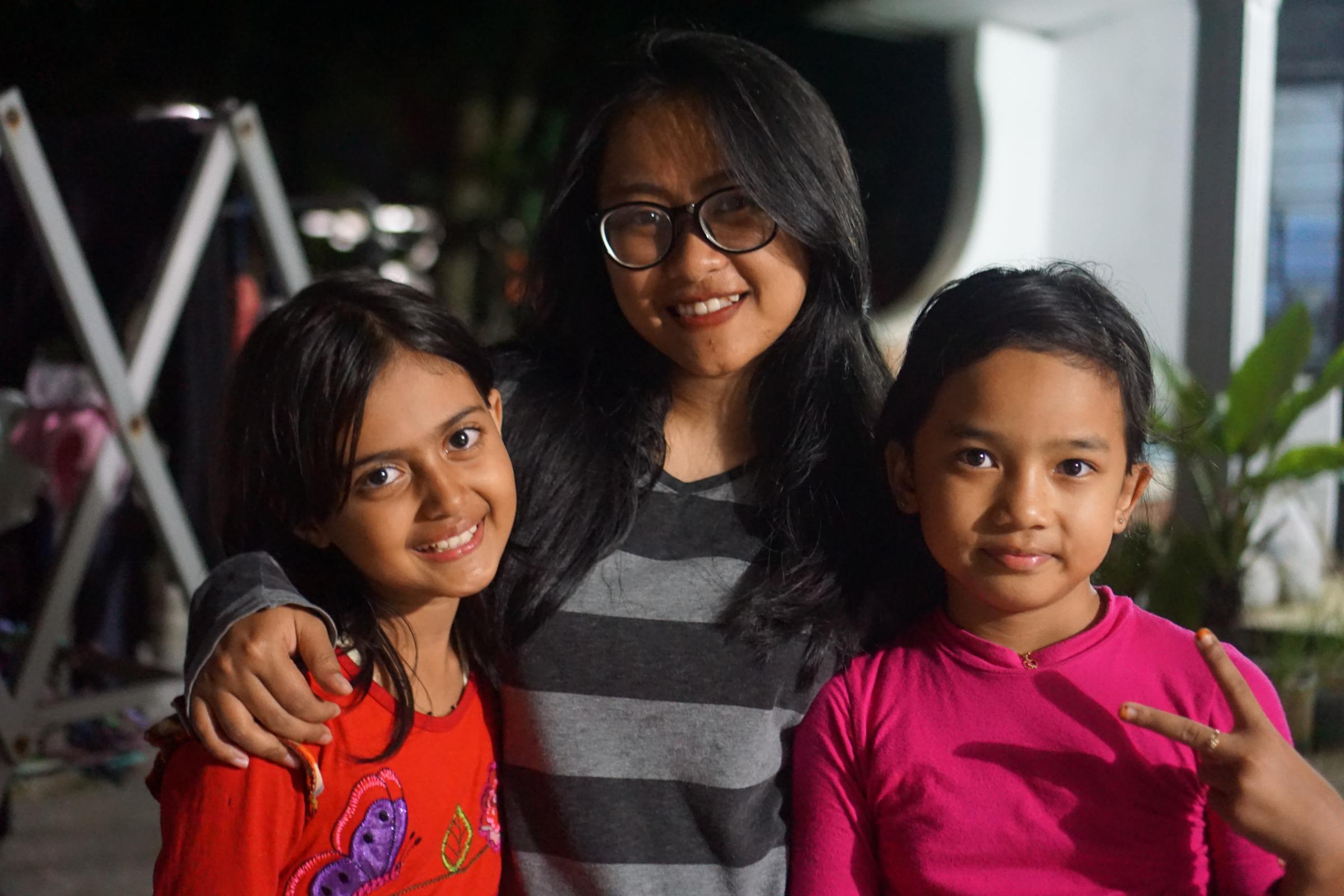
Probably one of our most successful models is that we have staff who are trained in multidimensional family therapy. It’s an intense model of therapists’ evidence-based practice model that’s geared for primarily minority families and kids who have substance abuse. Very intense. The kids who complete that program are 80% less likely to come back into therapy.
In our Family Preservation program (a total of 261 family members) the overall success rate for keeping families together was 89%, which has been consistent over the last few years. In addition, we are feeding about 20 families per week since COVID started. Those are just a few of our impacts.
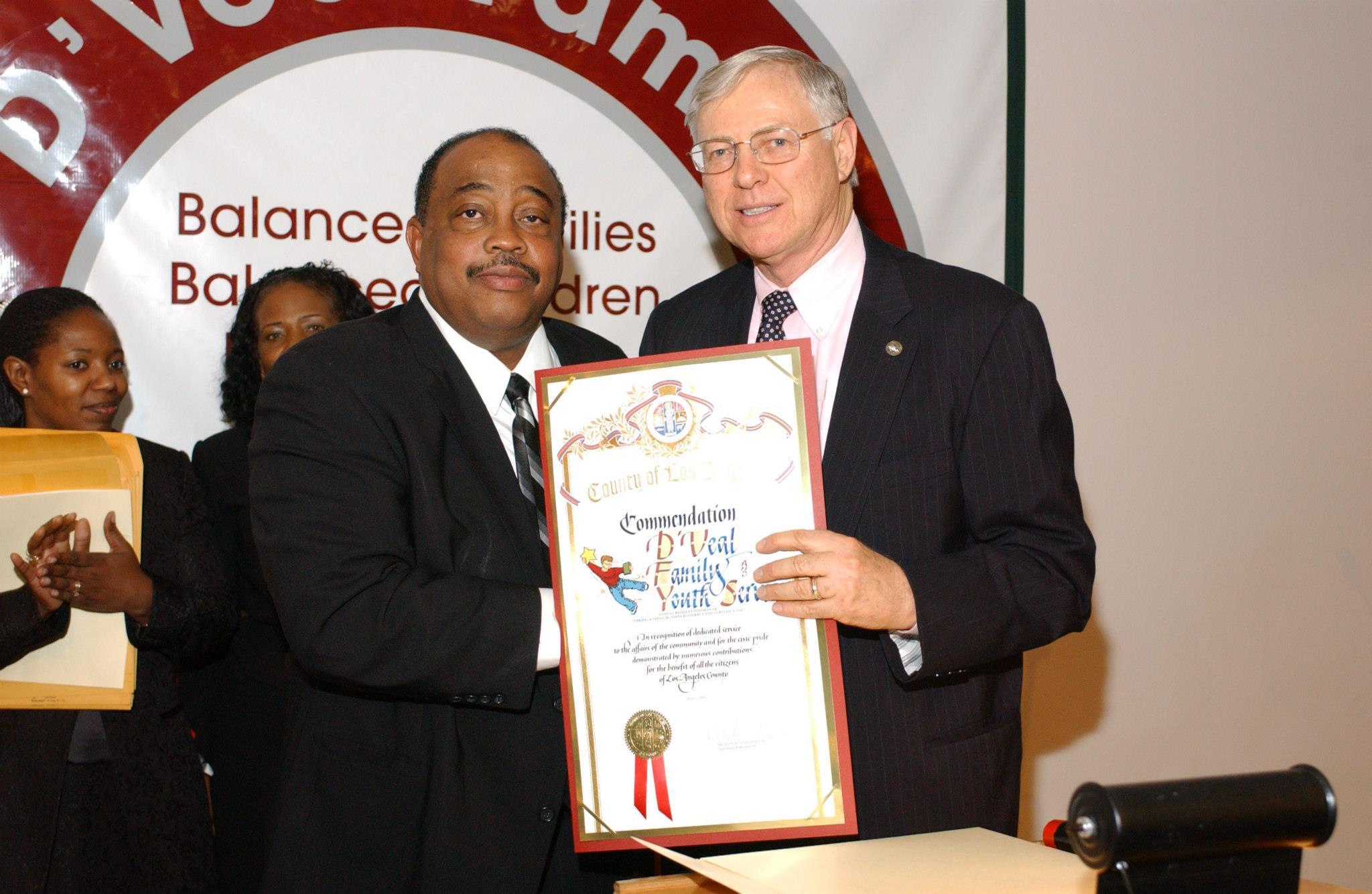
Charity Matters: If you could dream any dream for your organization, what would that be?
John McCall: I would dream for us to be the premium model and leader of what to do for community-based mental health, of what community-based mental health should look like. And that D’Veal Youth and Family Services would be the leaders in that and it wouldn’t be based on politics. It would just be based on a service delivery model that we think works. That’d be my dream.
Charity Matters: What life lessons have you learned from this experience?
John McCall: People are people everywhere. People are people and understanding people or human behavior makes a difference. Being a minority leader brings with it its own set of stressors. As a CEO, I’ve never forgotten the bridges that crossed me over. I’ve never forgotten the people who played the role in my life to help me learn and accomplish. You know, because of friendships, camaraderie, and collaboration I learned what I know now.
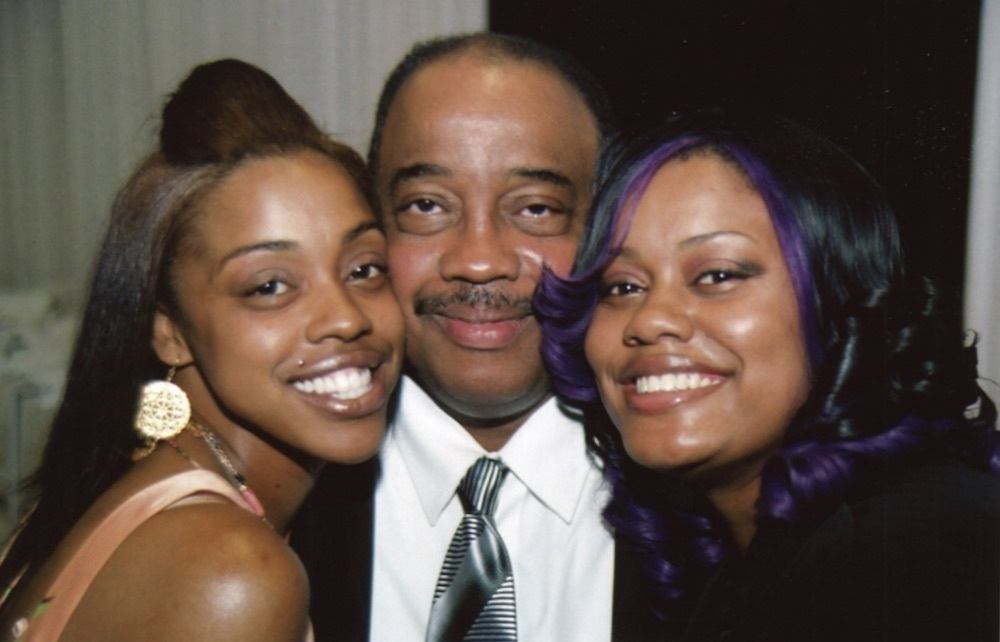
Charity Matters: How has this journey changed you?
John McCall: I used to be intense and now I am much more mellow. I’ve led protests in community protests. I’ve gone to the city council to advocate for things. And now you look at the bigger picture and I’m now more systematic and bigger picture. I’ve learned to say no, in 100 different ways. I’ve learned how to be nice about it. I know where I am, where I’m headed, and what I shouldn’t be doing. I can’t get sidetracked from things that don’t edify or benefit my purpose now.
So close out strong. To know, you can’t control stuff and to do my best while I’m here. And when I go, I want to be gone. I want to release it and appreciate the journey.
CHARITY MATTERS.
YOUR REFERRAL IS THE GREATEST COMPLIMENT, IF YOU ARE SO MOVED OR INSPIRED, WE WOULD LOVE YOU TO SHARE AND INSPIRE ANOTHER.
Copyright © 2020 Charity Matters. This article may not be reproduced without explicit written permission; if you are not reading this in your newsreader, the site you are viewing is illegally infringing our copyright. We would be grateful if you contact us.

